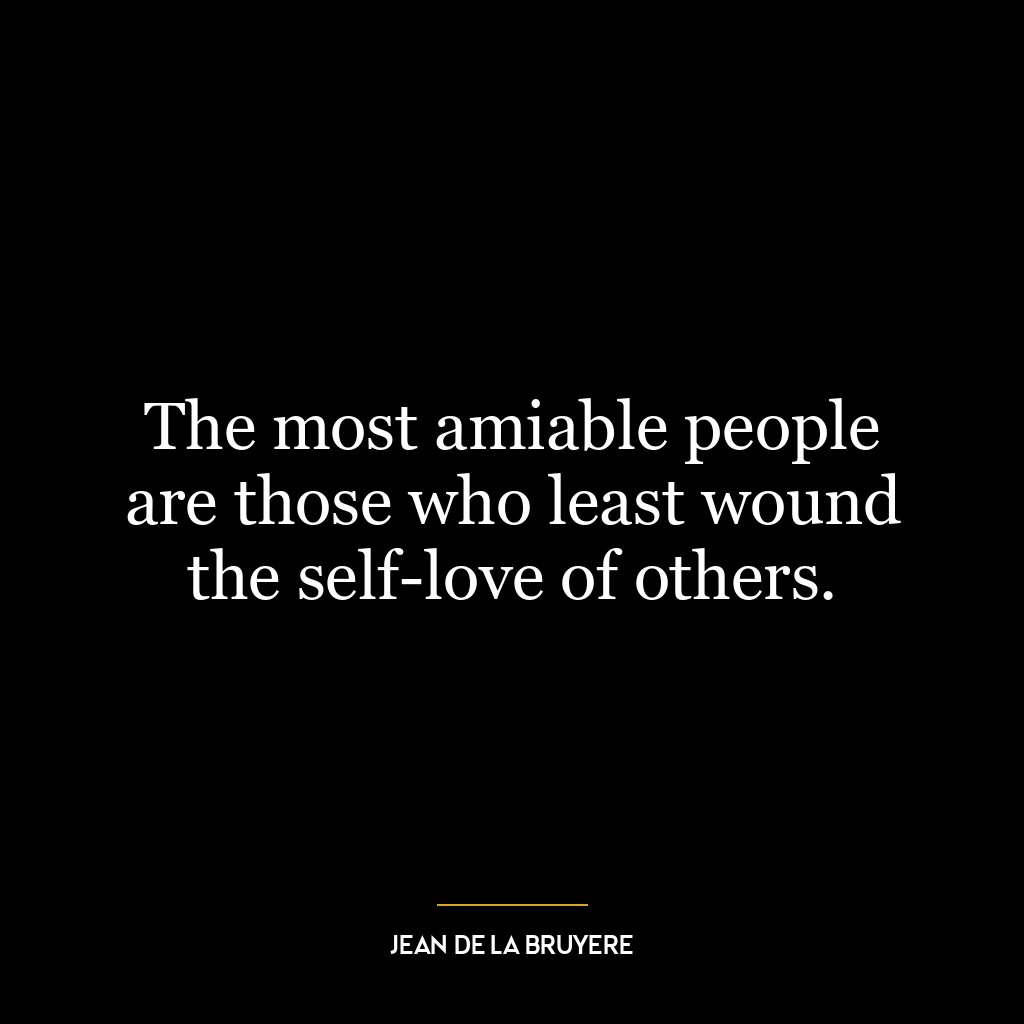Consider Others as Yourself.
“Consider Others as Yourself” is a profound statement that calls for empathy and compassion towards all beings. It suggests that we should regard the feelings, thoughts, and experiences of others with the same importance as we do our own. This quote is an invitation to step into another person’s shoes, to see the world from their perspective, and to treat them with the kindness, respect, and understanding that we would desire for ourselves.
This idea can be seen as a universal principle of fairness and reciprocity, often referred to as the ‘Golden Rule’ in various cultures and religions. It calls us to break down the barriers of ‘self’ and ‘other’, recognizing the shared humanity and interconnectedness in all of us.
In today’s world, this principle is more relevant than ever. In an increasingly globalized and interconnected society, our actions and decisions can have far-reaching impacts on others. Whether it’s through social, economic, or environmental interactions, our choices can contribute to either harmony or discord in the world. By considering others as ourselves, we can make more compassionate, fair, and sustainable decisions that benefit not just us, but the entire global community.
On a personal level, this idea can be a powerful tool for self-growth and personal development. It encourages us to cultivate empathy, compassion, and understanding, which are vital skills for building strong relationships and resolving conflicts. It can also help us to overcome our biases, prejudices, and self-centered tendencies, leading to greater personal growth and self-awareness.
Furthermore, considering others as ourselves can enhance our emotional intelligence, a key trait for success in many aspects of life. It can help us to better understand and navigate social situations, to communicate more effectively, and to build stronger and more meaningful connections with others.
In conclusion, “Consider Others as Yourself” is a timeless principle that encourages us to cultivate empathy and compassion, to recognize our shared humanity, and to make decisions that benefit the greater good. By applying this principle in our daily lives, we can contribute to a more harmonious and compassionate world, while also enhancing our own personal growth and development.















